After the murder of George Floyd in May 2020, the University of Minnesota’s College of Design launched the Design Justice Initiative, which seeks to support the retention and inclusion of Black, Indigenous and students of color through affinity spaces, policy adaptations and operational changes.
“In the wake of George Floyd’s murder, it became clear that we needed to think bigger with our commitment to anti-racism and address longer-term issues,” Carol Strohecker, dean of the College of Design, said. “The Design Justice Initiative is centered around addressing these longer-term issues.”
The College of Design plans on dedicating itself to anti-racism by using the new initiative to reevaluate its admissions practices and draw ideas and materials from social justice-involved organizations. In addition, the initiative will conduct curriculum mapping and auditing to ensure courses reflect multicultural perspectives and social justice values.
Terresa Moses is leading this initiative in her dual position as an assistant professor of graphic design and the director of the initiative. Moses said she would like to see Design Justice create a more inclusive pedagogy in the College of Design that breaks down the white supremacist and Eurocentric canon of design education.
“[Students will] have these experiences within their courses that allow them to broaden their worldview [and] understand how their own positionality will affect their outputs and designs,” Moses said.
She added she is looking to change the foundation of the College of Design’s curriculum and hopes to see more people of color and LGBTQ+ people represented in the design industry and scholarship.
This semester, the initiative started its search for faculty that demonstrate a justice-centered lens in their design discipline. The Design Justice Collective is looking to expand by doing a cluster-hire for candidates with experience in diversity, advancing inclusion and creating a welcoming climate. Candidates should also be committed to advancing design justice through scholarship, service or pedagogy, according to the website.
“The goal of the cluster hire is to recruit faculty members who will teach and conduct research, scholarship, creative work and/or service centered on design justice,” Mia Riza, director of human resources at the College of Design, said. “They’ll also contribute to the cultivation of policies and practices that exemplify the college’s commitment to design justice.”
The faculty members hired as part of the Design Justice cluster-hire will serve as a member of the Design Justice Collective for the first two years in their positions.
The collective is currently working on conducting pedagogy audits where faculty come together to discuss their syllabi and how design justice concepts can be incorporated into curriculum, Moses said.
This spring, Design Justice is launching a new special topics course titled, “Special Topics in Design Justice: Disability, Racism and the Intersection of Design Justice,” which will be taught by guest lecturer Jennifer White Johnson.
Additionally, Design Justice instated the Creative Scholars Program that will work to eliminate barriers, such as technology expenses, for students so they gain access to full educational design opportunities.
Students can get involved in the initiative in a number of ways, according to Riza. Design Justice is frequently hosting events, exhibitions and affinity group discussions that students can attend.
On Dec. 1, Design Justice is holding an LGBTQ+ affinity space called, “Queering the Tarot,” where author and tarotist Cassandra Snow will speak about how tarot affected her path to find her voice as a queer person.
Design Justice will also host an online pedagogy audit on Dec. 10 to discuss how to create more inclusive policies and practices in the College of Design curriculum.


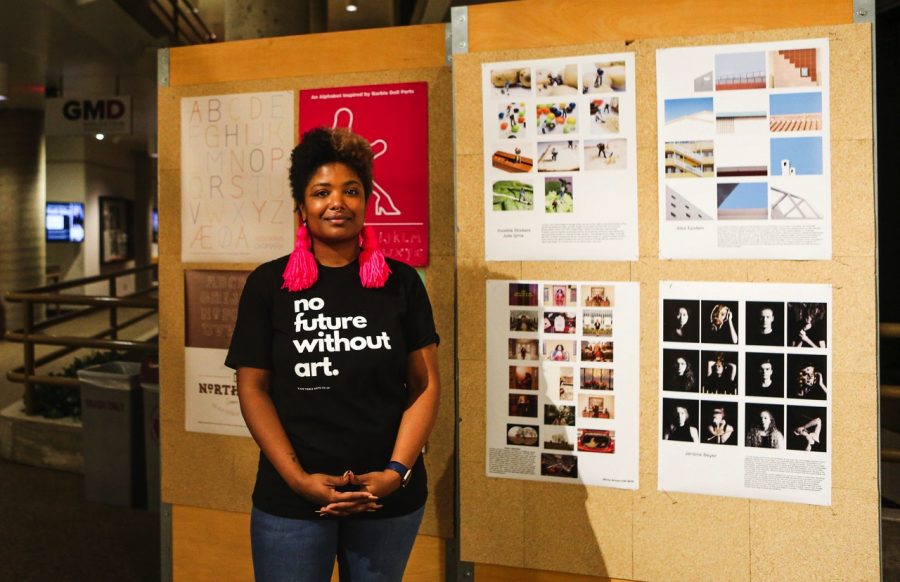
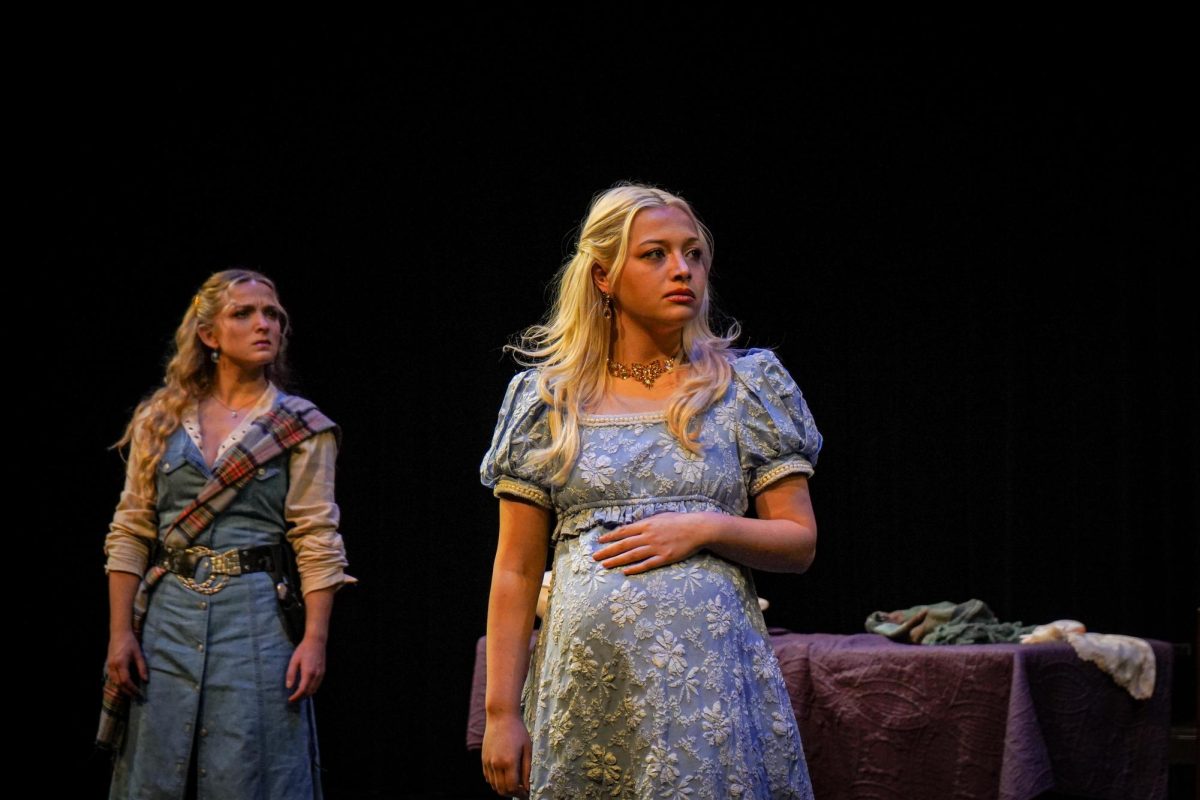

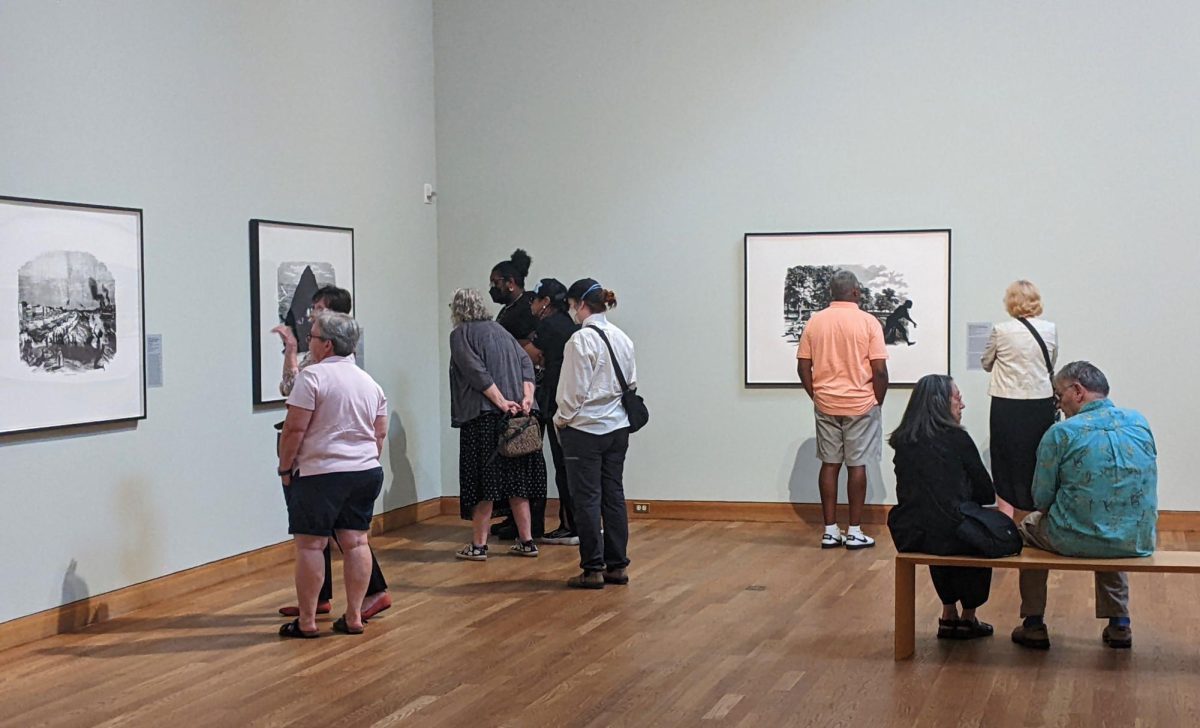
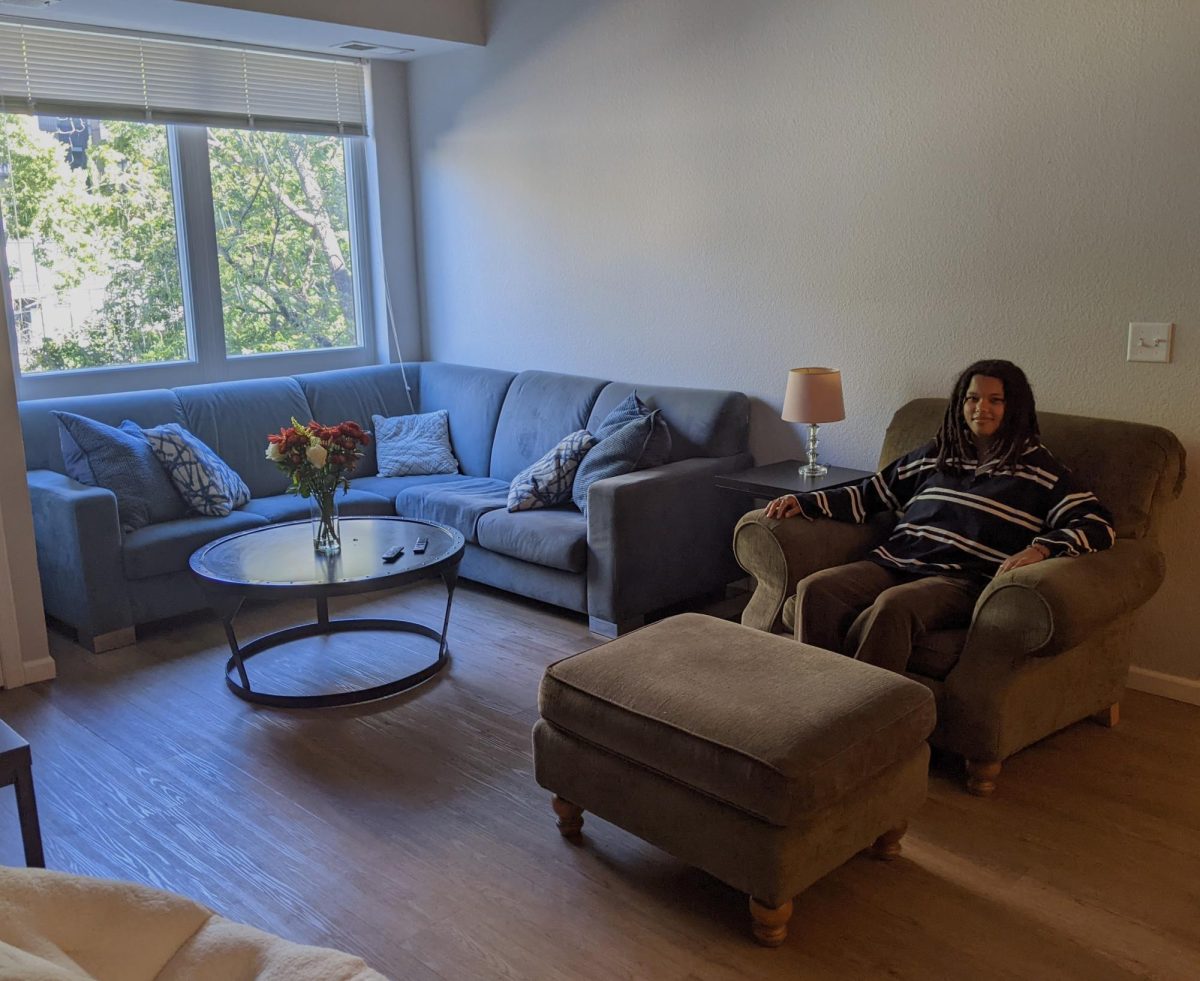
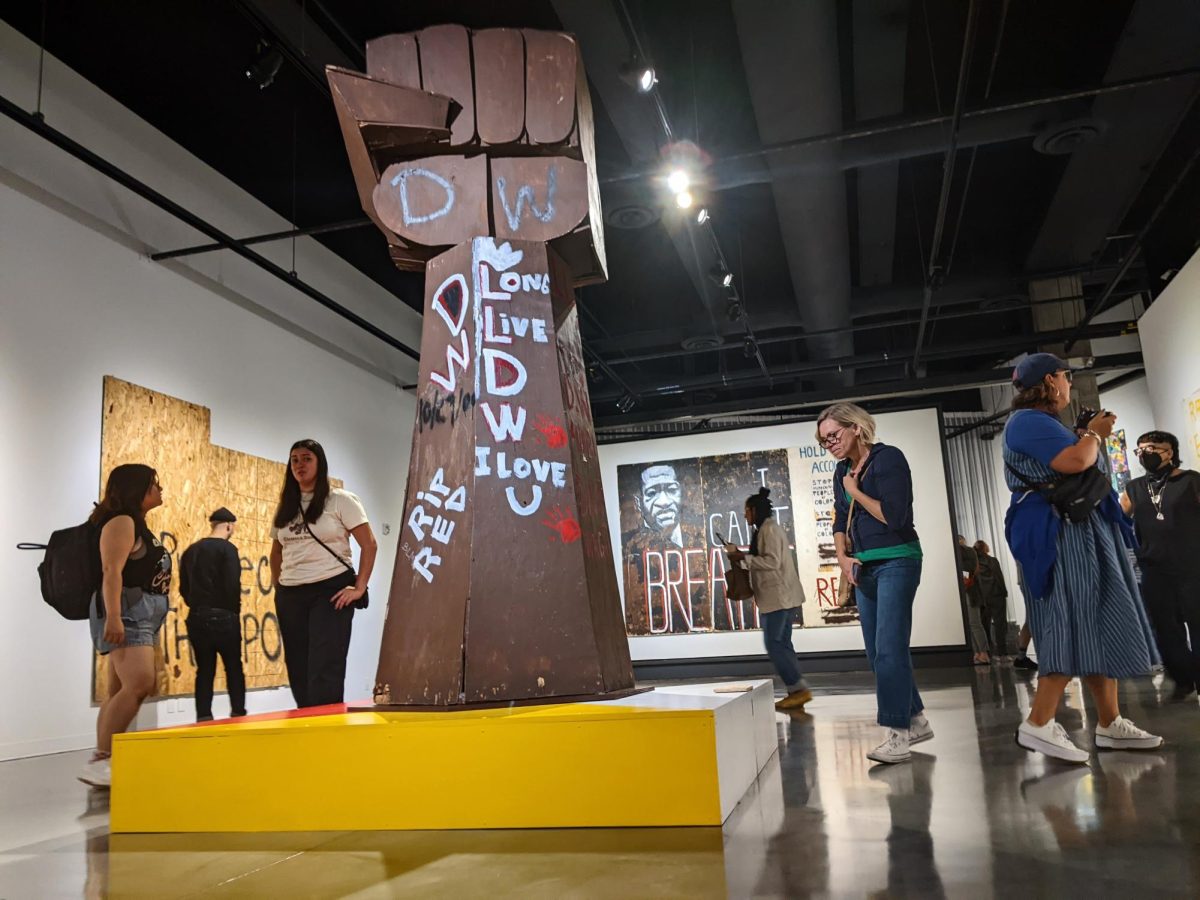
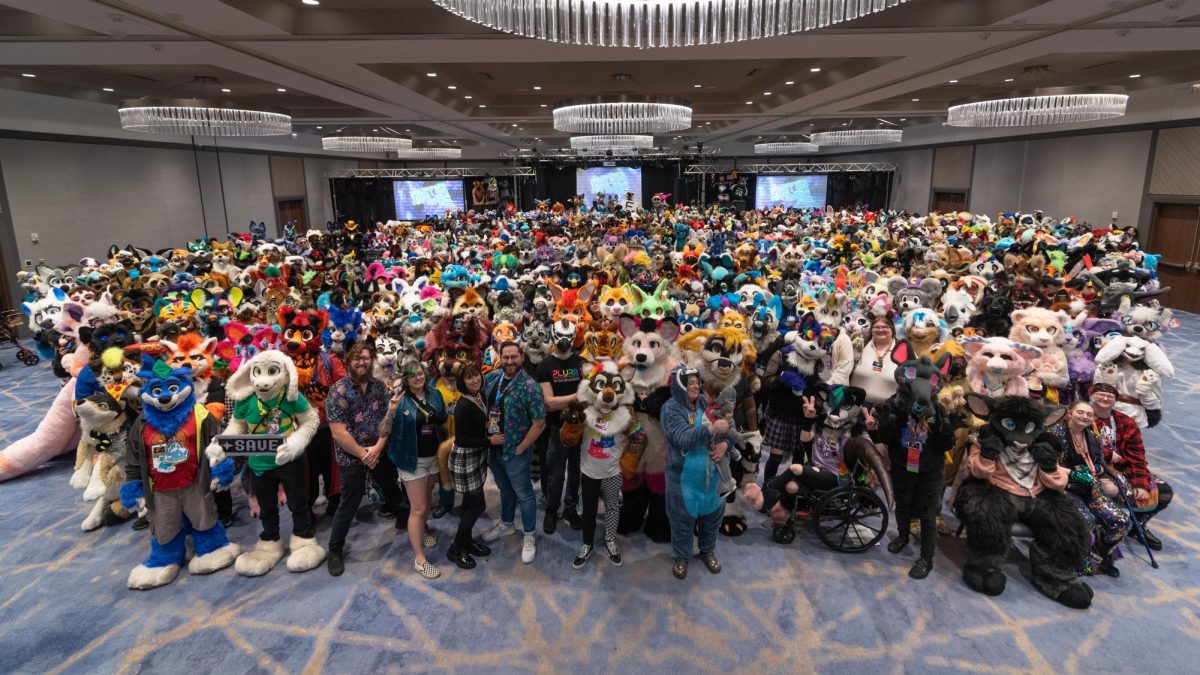
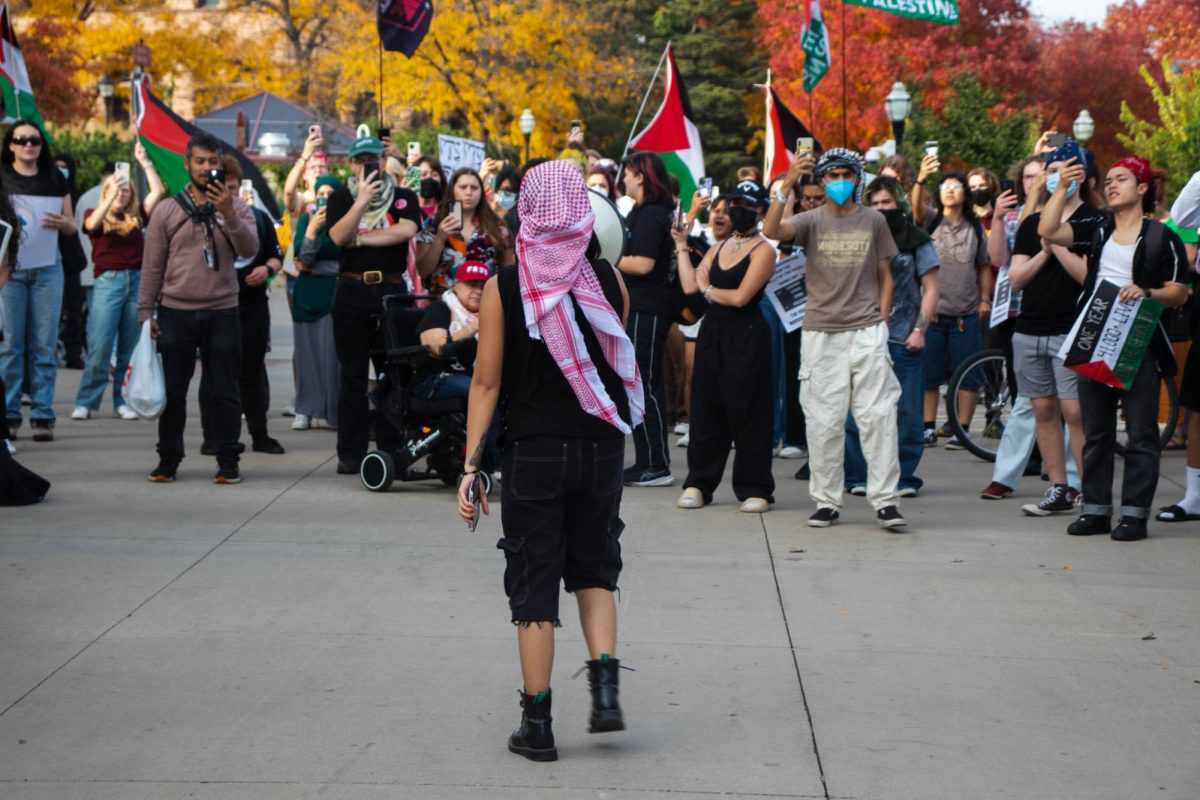

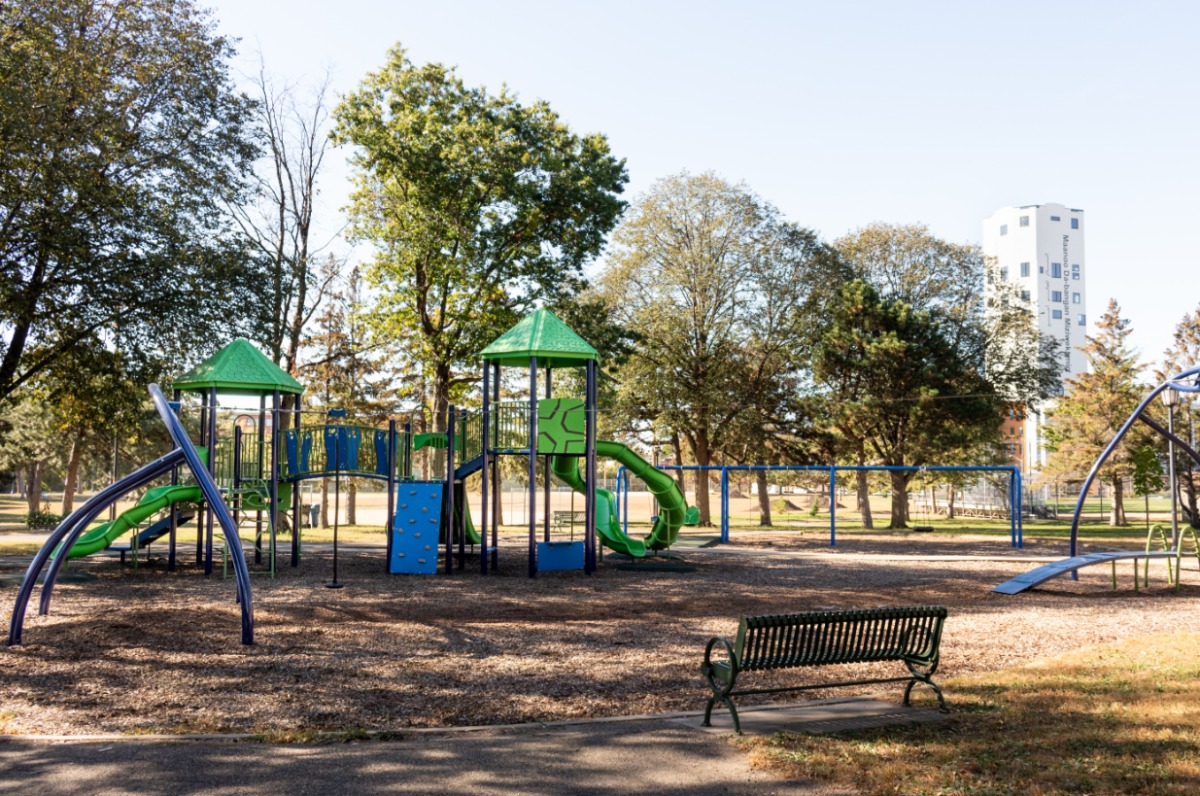

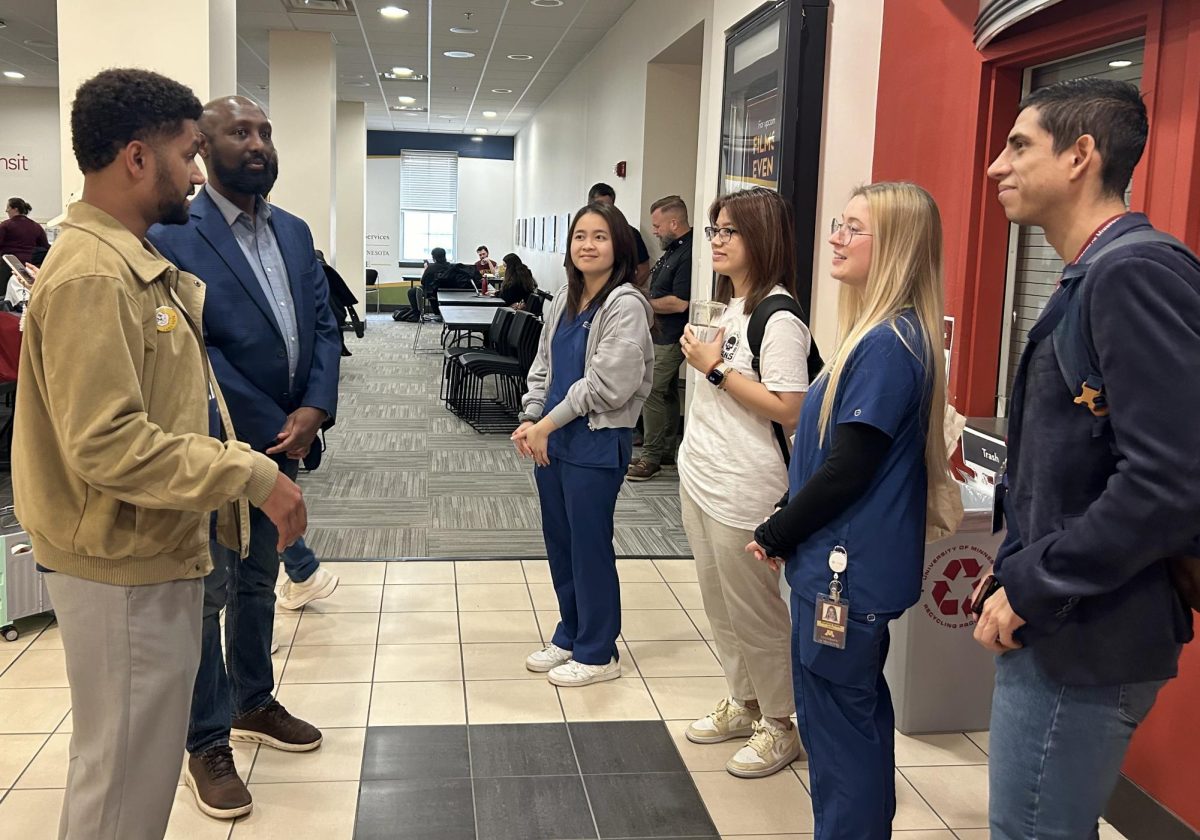



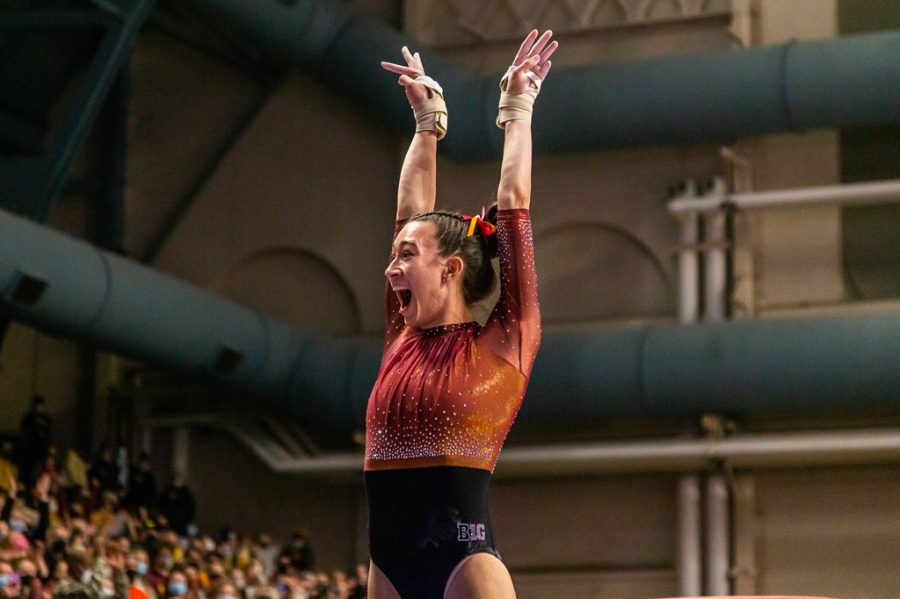

lostoncampus
Dec 1, 2021 at 3:17 pm
Another Made up initiative to Feel Good!!!!!
Its not really a societal issue that more people of color dont coose to go in to “X” field. Its always, Oh we need more people of color doing this that or the other thing. Maybe there is a reason POC dont go into certain fields….. Nobody bothered to think of that, Im sure
CapnRusty
Nov 30, 2021 at 12:11 pm
Will someone please explain what is meant by “the white supremacist and Eurocentric canon of design education.” My guess is that the phrase has nothing to do with the appearance of any actual design, but rather, that not enough non-white people are on the department’s payroll.